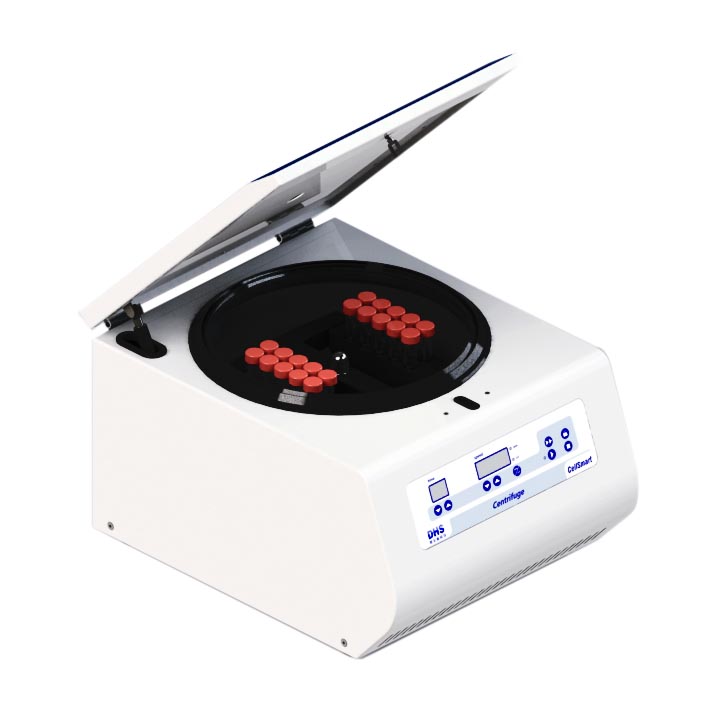- Home
- Products
- Elementary
- Boride Powder
- 3D Printing Powder
- Sulfide Powder
- Oxide Powder
- Carbide powder
- Nitride Powder
- Silicide Powder
- Hydride Powder
- Telluride Powder
- Selenide Powder
- Stearic Acid Series
- Phosphide Powder
- Nanoparticles
- Metal Alloy
- MAX Phase
- Lithium Battery Anode
- Surfactant
- Molecular sieves
- Concrete Admixtures
- News
- Answers
- Contact
- About
News
- 1
- 1
Popular Science: Introduction to the Principle of Centrifuge
If you are looking for high-quality products, please feel free to contact us and send an inquiry, email: brad@ihpa.net
Centrifuge Principle:
A centrifuge is a machine that uses centrifugal force to separate components from liquid and solid particles or a mixture of liquid and liquid. Centrifuges are mainly used to separate solid particles from liquids in suspension, or to separate two immiscible liquids of different densities in emulsions (such as separating cream from milk); it can also be used to remove Liquids in wet solids, such as drying wet clothes with a washing machine; special ultra-speed tube separators can also separate gas mixtures of different densities; using the characteristics of different sedimentation rates of solid particles of different densities or particle sizes in liquids, some sedimentation Centrifuges can also classify solid particles by density or particle size.

The principle of centrifugation of different solutions
When the suspension containing fine
particles stands still, the suspended particles gradually sink due to the
action of the gravitational field. The heavier the particle, the faster it
sinks, whereas the particle with less density than the liquid will float up.
The speed at which particles move in a gravitational field is related to the
size, shape, and density of the particles, as well as to the strength of the
gravitational field and the viscosity of the liquid. Particles the size of red
blood cells, with a diameter of several micrometers, can be observed to settle
under normal gravity.
In addition, when the substance settles in
the medium, it is accompanied by the phenomenon of diffusion. Diffusion is
unconditional and absolute. Diffusion is inversely proportional to the mass of
the substance, and the smaller the particles, the more serious the diffusion.
The subsidence is relative and conditional, and it needs to be subjected to
external force to move. The sedimentation is proportional to the weight of the
object, the larger the particle, the faster the sedimentation. For particles
smaller than a few microns, such as viruses or proteins, they are in a
colloidal or semi-colloidal state in solution, and it is impossible to observe
the sedimentation process only by gravity. Because the smaller the particles,
the slower the sedimentation, and the more serious the diffusion phenomenon.
Therefore, it is necessary to use a centrifuge to generate a strong centrifugal
force to force these particles to overcome the diffusion and produce a
sedimentation movement.
Centrifugation is to use the strong
centrifugal force generated by the high-speed rotation of the centrifuge rotor
to accelerate the sedimentation speed of the particles in the liquid, and
separate the substances with different sedimentation coefficients and buoyancy
densities in the sample.
Centrifuge Supplier Introduction
GENETURE is a group company focused on
clinical diagnostics and life sciences, providing one-stop solutions for
nucleic acid extraction and analysis, including Centrifuges, COVID-19 Antigen Rapid
Detection Test, Nucleic acid extractor, Magnetic beads, PCR kit, PCR system, 96
well deep plates, magnetic rod comb, PCR tube, PCR plate, pipette tips,
centrifuge tubes and so on. Customers only need to inform us of your
requirements, we will provide solutions, and rely on strong production capacity
and strict quality control to provide you with a strong market backing to serve
you.
Inquiry us
PREVIOUS NEWS
What are the differences between CrN and Cr2N?
NEXT NEWS